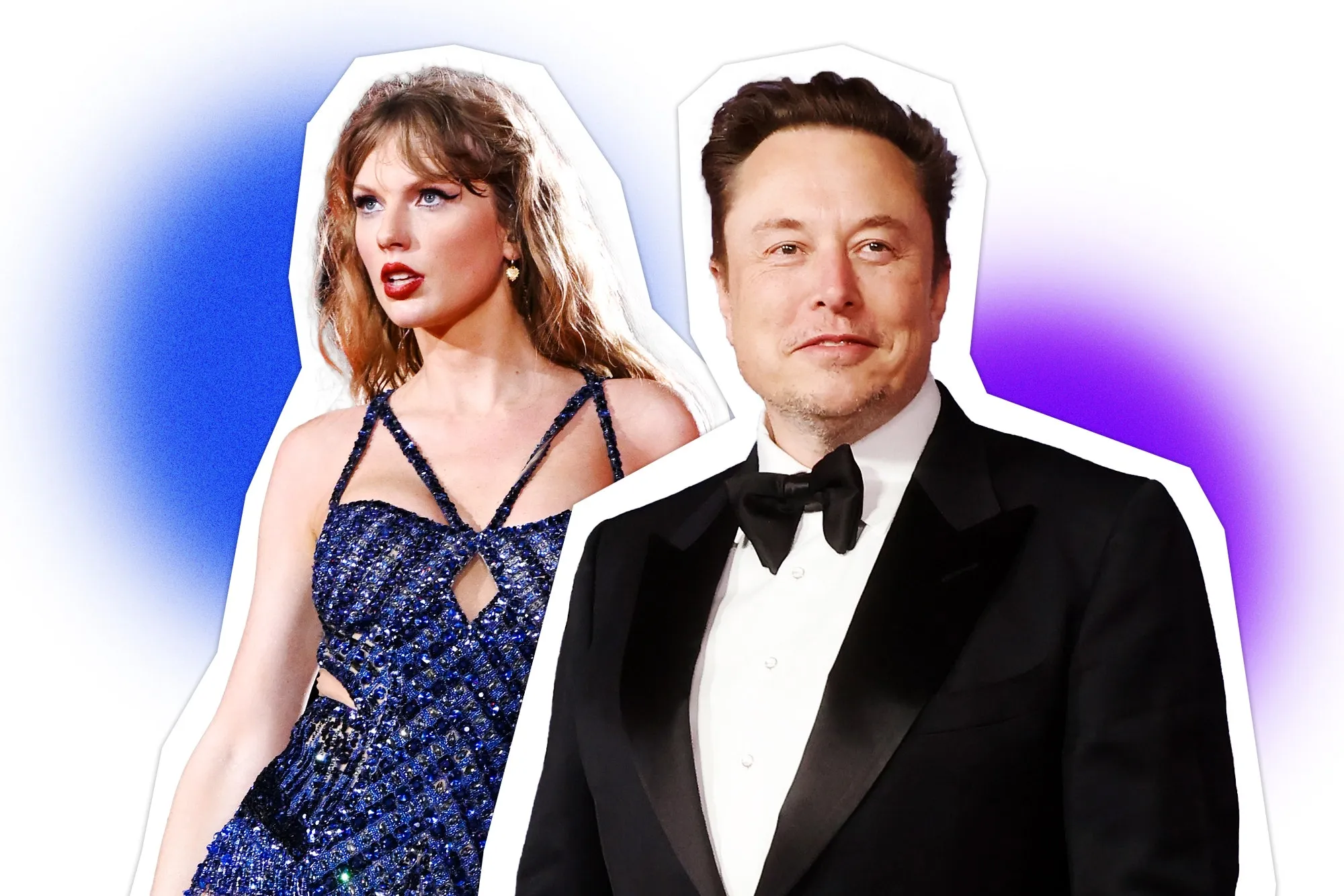Elon Musk: The First Human in History to Be Radicalized by His Own Algorithm

In a surprising twist, Elon Musk has found himself at the center of a conversation about technology, influence, and the unintended consequences of algorithms. Recent reports suggest that Musk, known for his ambitious ventures and innovations, may have become radicalized by the very algorithms he has championed in his various companies, particularly Twitter (now X).


Algorithms play a crucial role in shaping the content we see online. They curate feeds, recommend articles, and prioritize certain topics based on user engagement. While they are designed to enhance user experience, they can also create echo chambers, where individuals are exposed predominantly to information that reinforces their existing beliefs. This phenomenon has raised concerns about polarization and radicalization across various demographics.
Musk, who has always been a vocal proponent of free speech and open dialogue, has recently made headlines for controversial statements and actions. Critics argue that his engagement with certain topics on social media reflects the effects of algorithmic bias, potentially isolating him within a specific ideological bubble. This situation highlights the paradox of a figure who advocates for technological advancement while simultaneously being influenced by the very systems he promotes.
The idea that Musk could be radicalized by his own algorithms has sparked intense debate. Supporters argue that his bold approach to various issues is a sign of independent thinking, while detractors suggest that he has become increasingly disconnected from mainstream perspectives. This discourse raises critical questions about the responsibility of tech leaders in understanding and mitigating the impacts of their platforms.
Musk’s situation serves as a cautionary tale about the power of algorithms and the potential for influential figures to be swayed by their own creations. It underscores the need for a more nuanced understanding of how technology shapes our views and interactions. As the lines between innovation and ideology blur, the tech community must grapple with the ethical implications of their designs.
Elon Musk’s experience illustrates a growing concern in the digital age: the potential for individuals, even those with significant influence, to be radicalized by algorithms they helped create. As society navigates the complexities of technology and its impact on human behavior, this case serves as a reminder of the importance of critical engagement with the platforms that shape our discourse. The intersection of innovation and ideology will continue to be a topic of significant discussion as we move forward.





